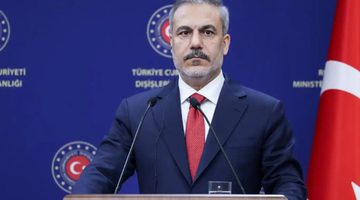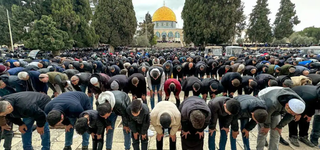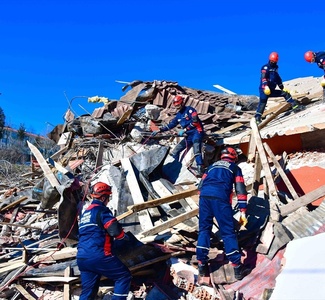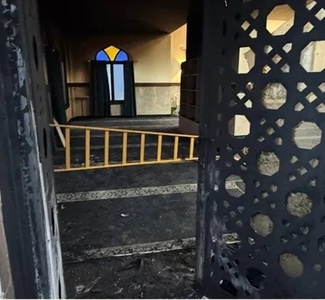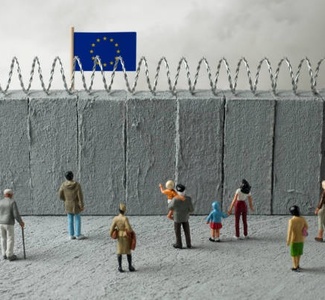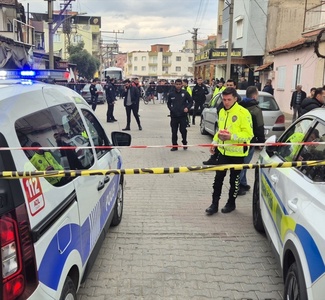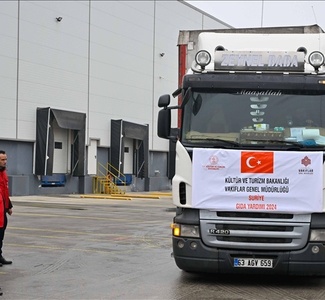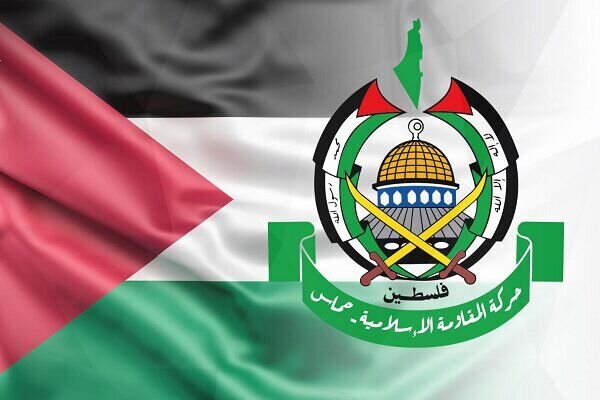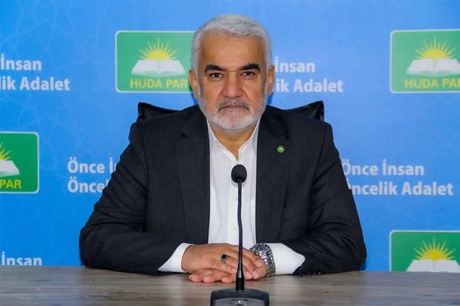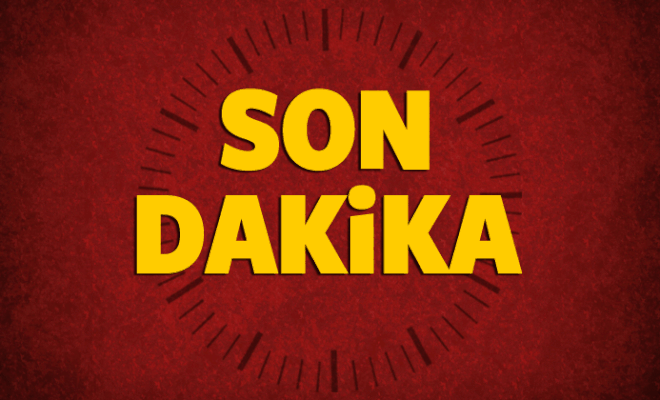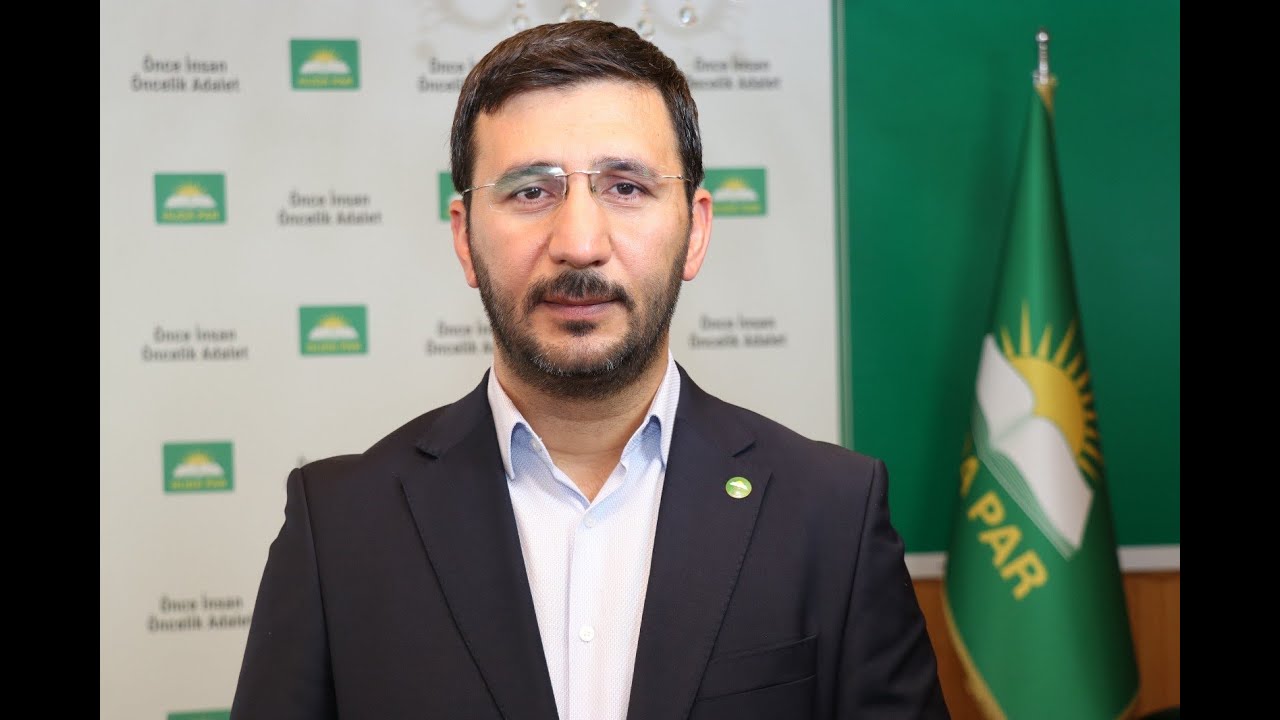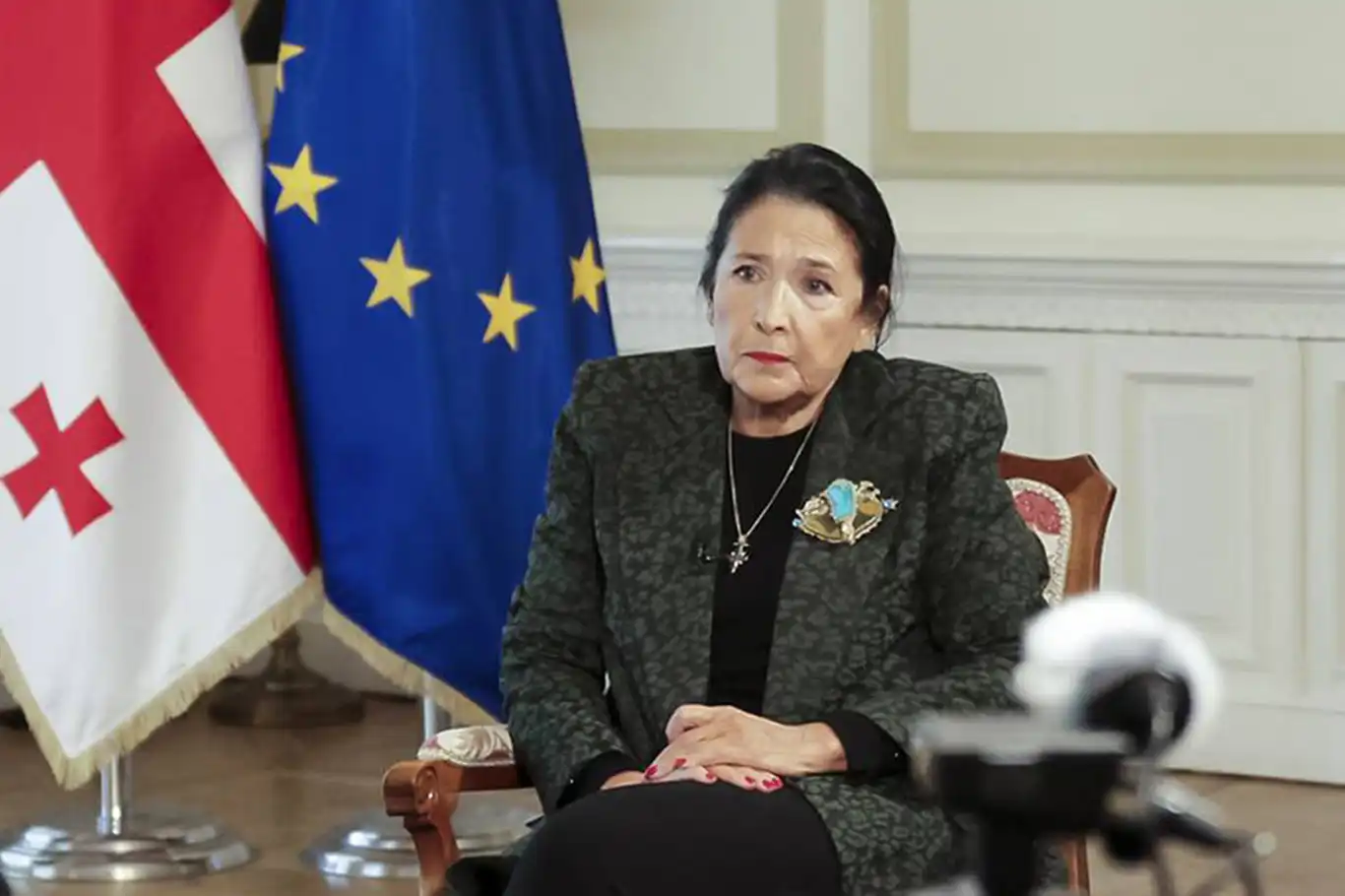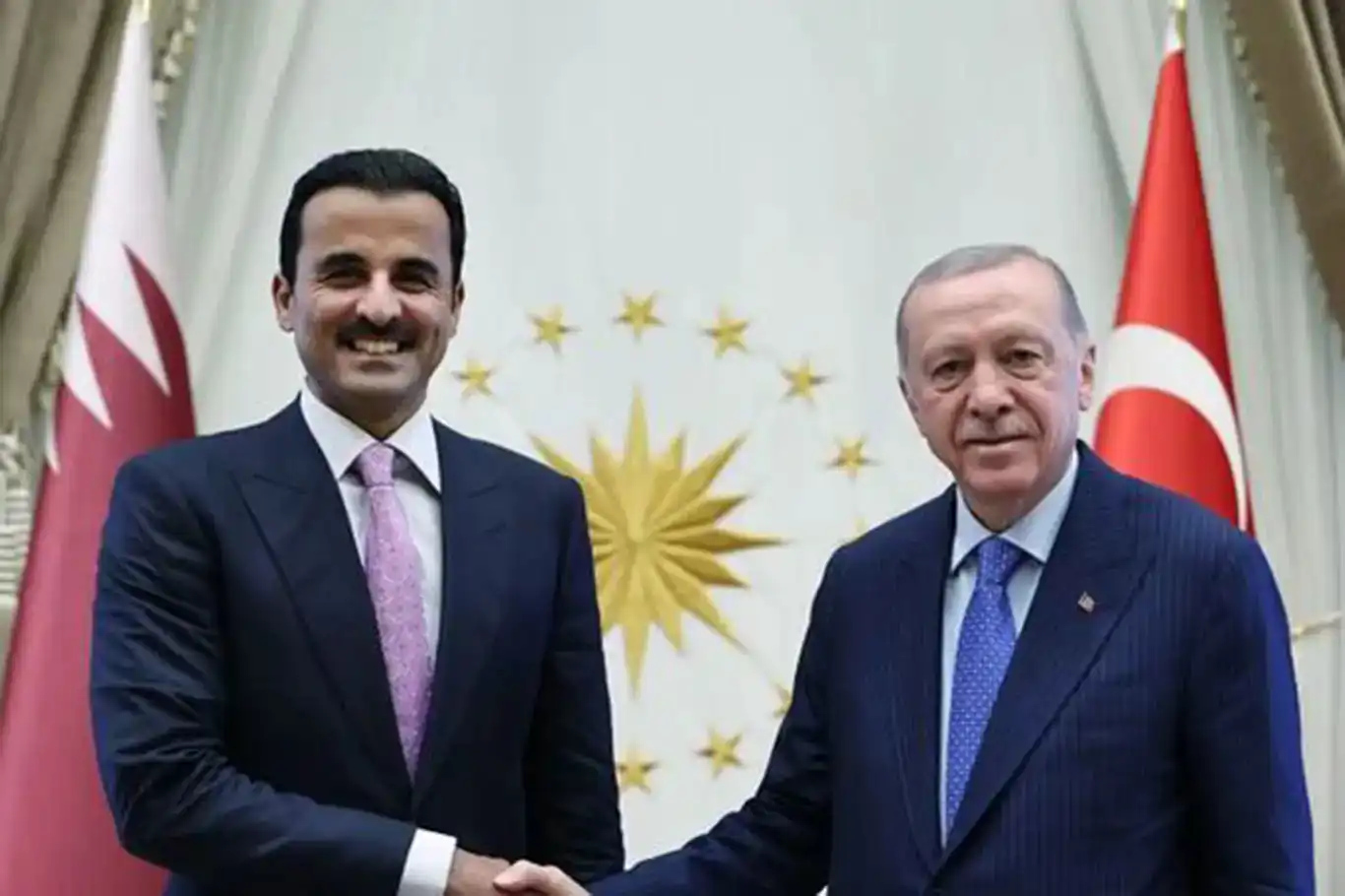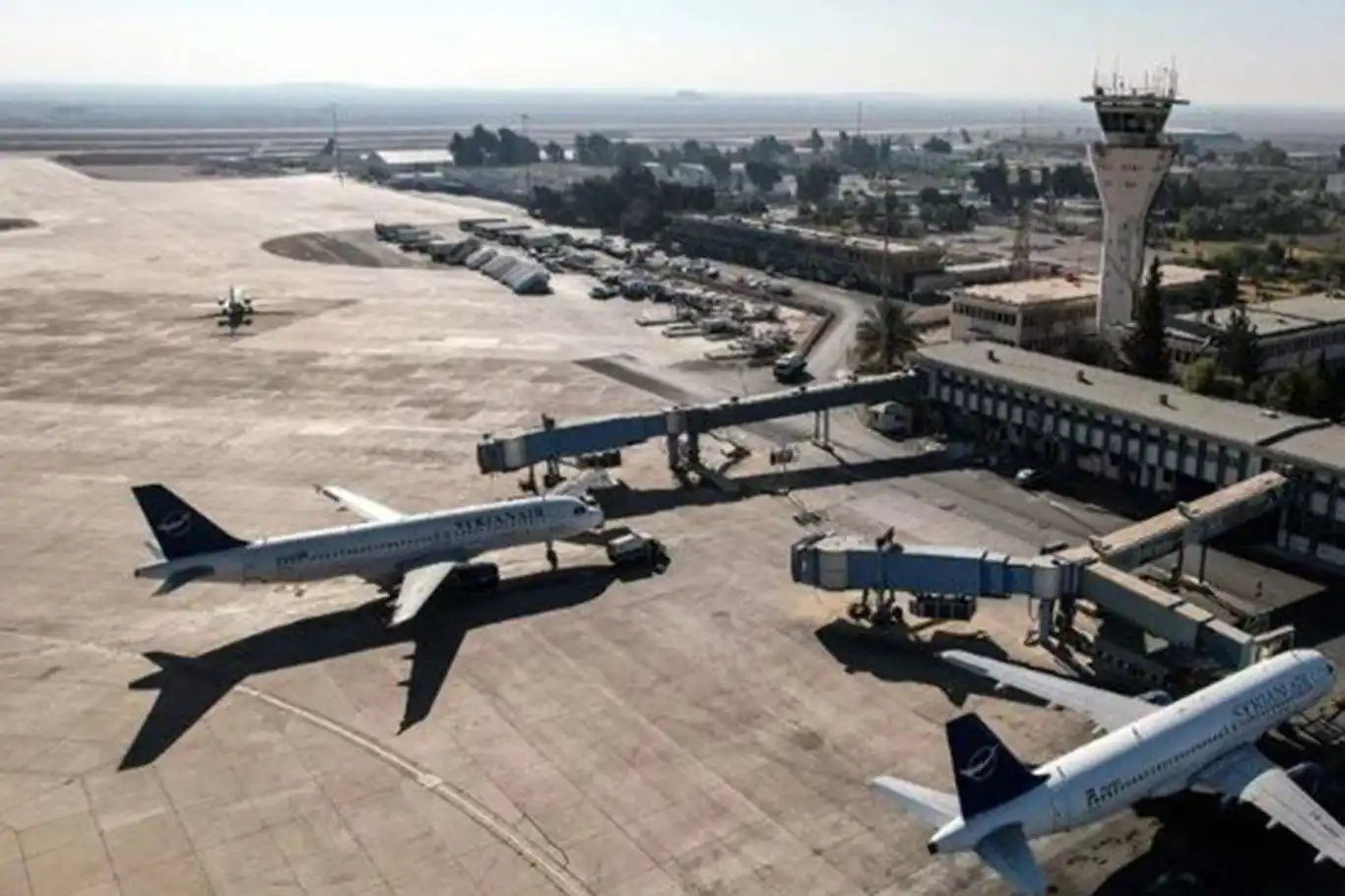Haaretz report reveals shocking Israeli military practices in Gaza
The Hamas Movement issued a statement on Thursday night condemning the actions of Israeli forces in Gaza, citing reports from the Israeli newspaper Haaretz that included testimonies from Israeli soldiers.

 Google News'te Doğruhaber'e abone olun.
Google News'te Doğruhaber'e abone olun. Hamas described these accounts as evidence of "unprecedented war and ethnic cleansing crimes" committed by Israeli forces during their operations in Gaza.
According to Haaretz, a reserve officer in the Israeli occupation army revealed disturbing details about the conduct of troops in Gaza. The officer, who served along the Netzarim axis, alleged that army units competed to kill the highest number of Palestinians, describing the army’s behavior as akin to “an armed militia” engaging in arbitrary killings of civilians, in violation of international laws.
The officer further claimed that soldiers were instructed to send photographs of the deceased. “We have sent pictures of 200 dead, and it turned out that only 10 of them were members of Hamas,” he stated. The testimony also referred to an area north of the Netzarim axis as the “line of dead bodies,” where corpses remain uncollected, attracting stray dogs.
Medical sources corroborated the grim situation, reporting that "hundreds of martyrs’ bodies, including women and children, are still in the streets of Jabalia, Beit Lahia, and Beit Hanoun in the northern Gaza Strip.” The sources added that "dozens of injured individuals were left bleeding to death for days due to the inability to provide medical assistance under the Israeli blockade."
The allegations come amid heightened international scrutiny of the humanitarian crisis in Gaza, as reports of civilian casualties and restricted access to aid continue to emerge. The Hamas Movement has called on the global community to address what it describes as "ethnic cleansing crimes" and hold those responsible accountable under international law.
The Haaretz report and accompanying testimonies have further fueled debates over the conduct of military operations in Gaza, raising concerns among human rights organizations and prompting calls for independent investigations into alleged violations. (ILKHA)





























